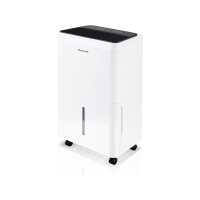5 tell-tale signs that you need a dehumidifier right now
These are the top things to look out for in your home
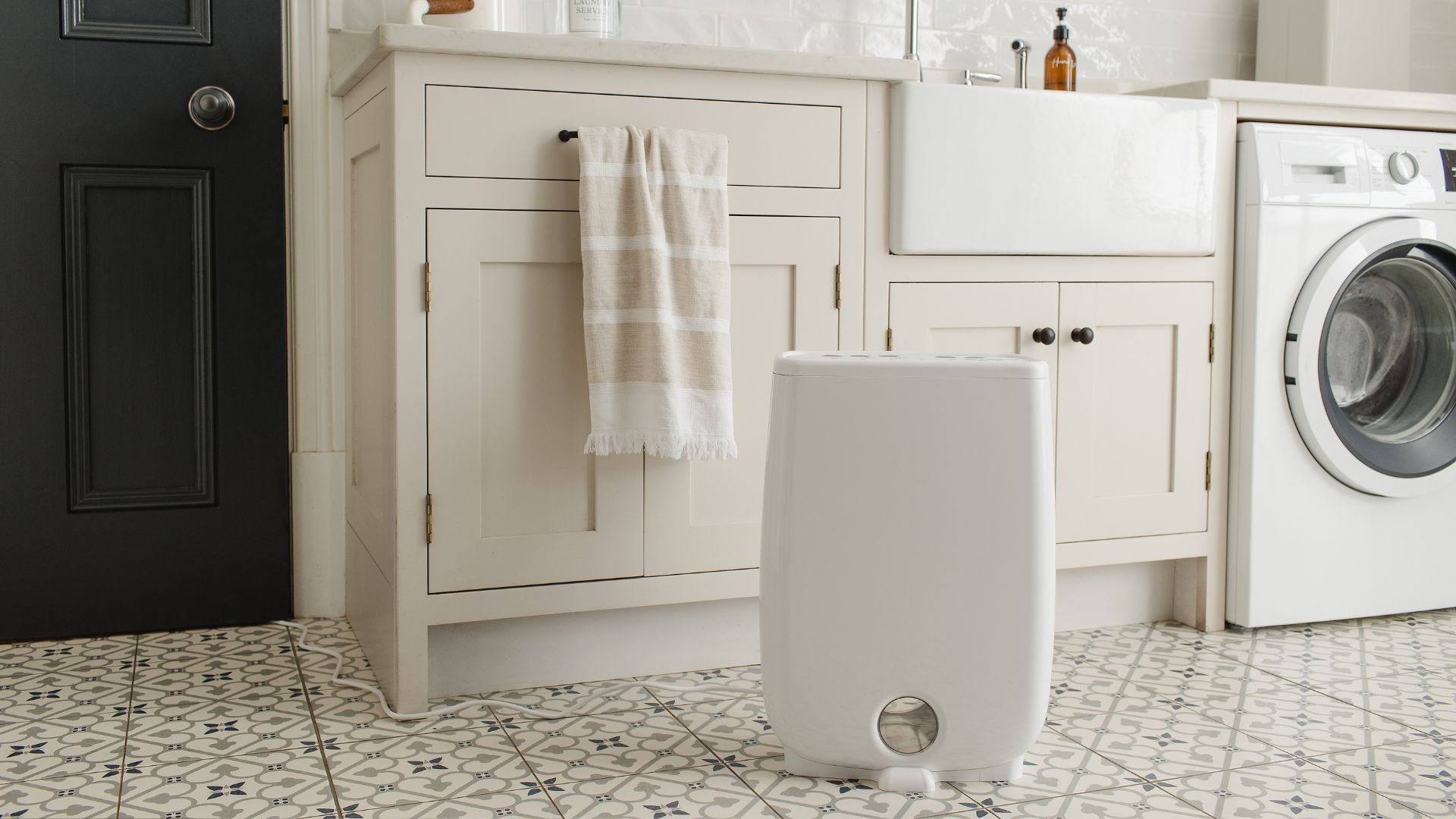
As the temperatures drop outside, it’s not uncommon to crank up our heating and block out those chilly drafts. But while we’re making our homes warm and cozy, this can often cause excess moisture in the air — leading to dampness. Besides property damage, too much humidity can affect the overall air quality and impact our health.
This is why owning one of the best dehumidifiers can help to eliminate humidity levels, dry out a room and improve our air. But, if you don’t know what things to look out for, it’s hard to tell if you really need to invest in this appliance or not.
To help you decide, here are the top tell-tale signs that you need a dehumidifier right now. Before investing though, you might also want to know these 7 things you should know before buying a dehumidifier.
1. Mold and mildew
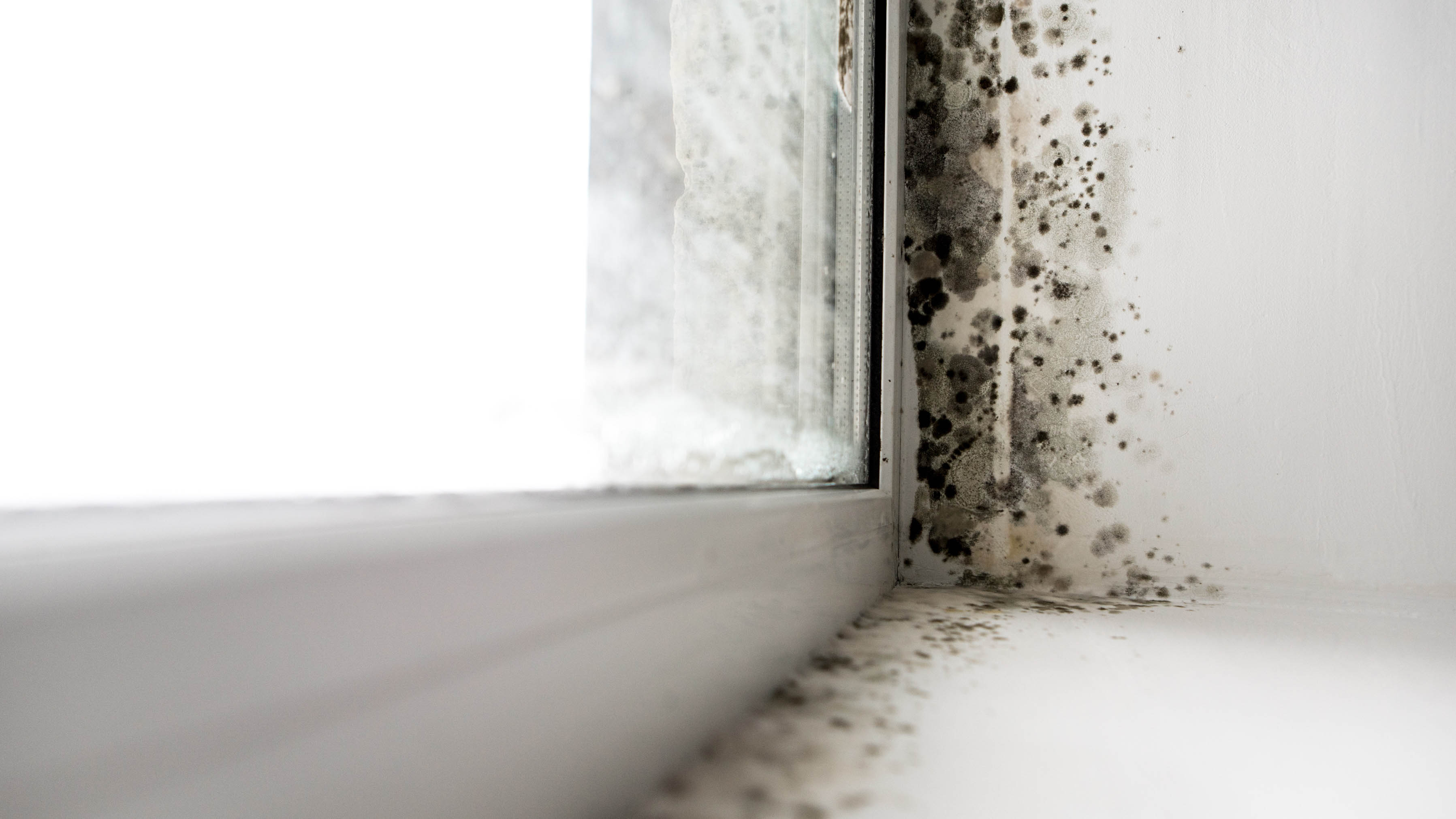
If you spot unsightly black or green spots in areas around your home, this is a sure sign that you may need a dehumidifier in your home. Mold spores grow in areas with high levels of moisture, such as the bathroom or basement, and can be found on all kinds of surfaces, from painted walls and carpet to clothes and soft furnishings.
Mildew, on the other hand, has a powdery texture and is usually found on surfaces. However, it’s still a form of fungus produced by mold that would need to be dealt with.
What’s more, if left untreated, mold and mildew can cause allergic reactions if breathed in or touched, or serious respiratory problems. That’s why you’ll need to know how to prevent mold before you get to the stage of how to get rid of mold. Just beware of these mistakes you’re making when removing mold, or else you'll cause more harm than good!
If you do find yourself with a long-term issue with mold however, it’s always advisable to seek professional advice.
Sign up to get the BEST of Tom's Guide direct to your inbox.
Get instant access to breaking news, the hottest reviews, great deals and helpful tips.
2. Condensation on windows
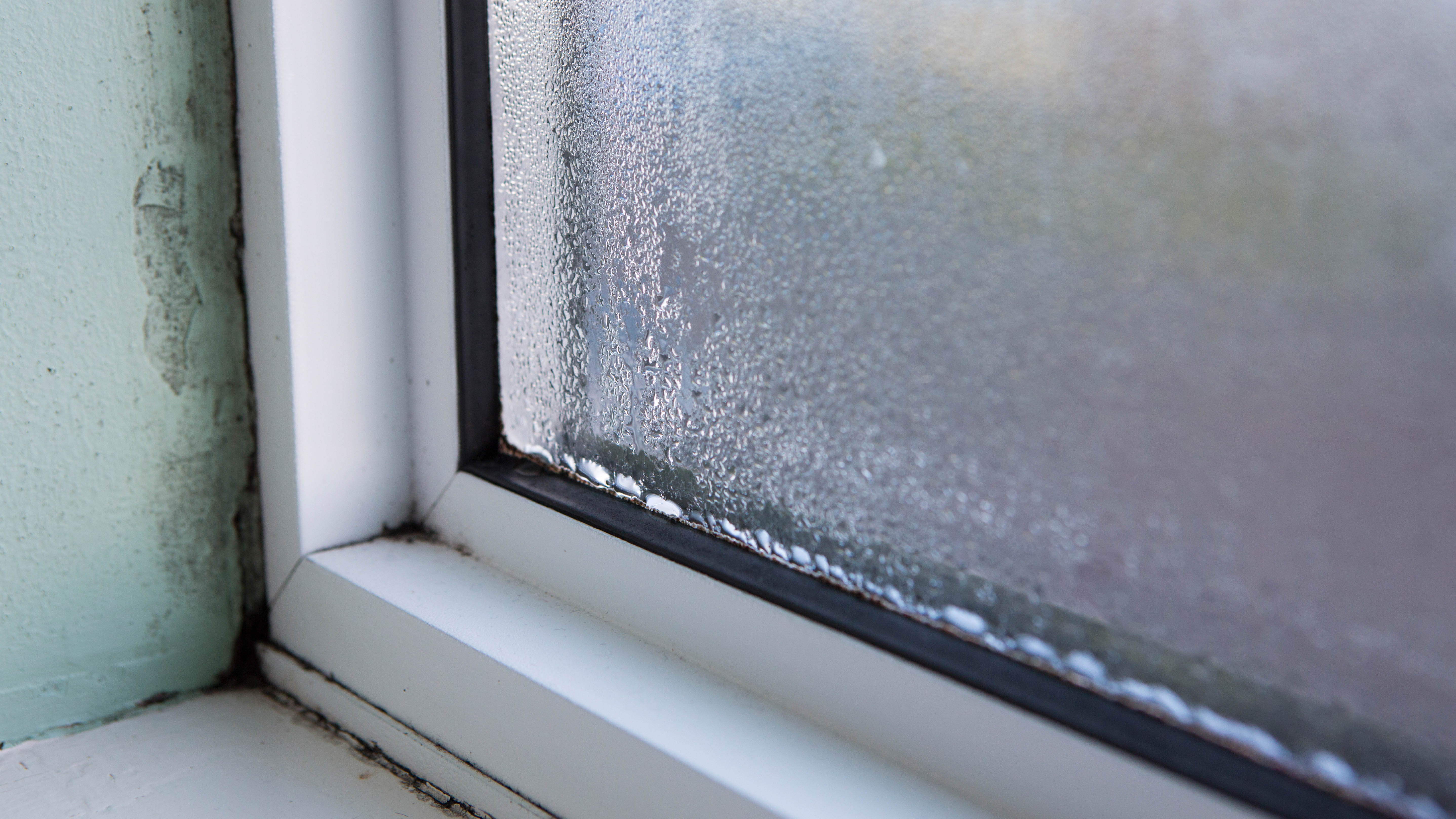
Another indicator of needing a dehumidifier is condensation or dampness on the inside of your windows or even on walls. This usually happens when the warm air in your home makes contact with the cold glass, releasing the excess moisture as water droplets as it cools. Again, this is more common in bathrooms, kitchens and basement areas.
While the easiest way to deal with condensation is to simply crack open a window or turn on an indoor exhaust fan, this may not always be possible. This is especially the case if you have a small room or damp area without any natural ventilation. A compact dehumidifier might be the best option to deal with excess moisture in the air. Plus, nobody likes to look out of a super foggy window!
If you want a powerful machine for drying out large spaces, such as the basement, this Honeywell 50 Pint is ideal. It comes with a 14-pint, water capacity, practical LED display, and quiet operation. What's more, its attractive design doesn't create an eyesore.
3. Warped or rotting wood
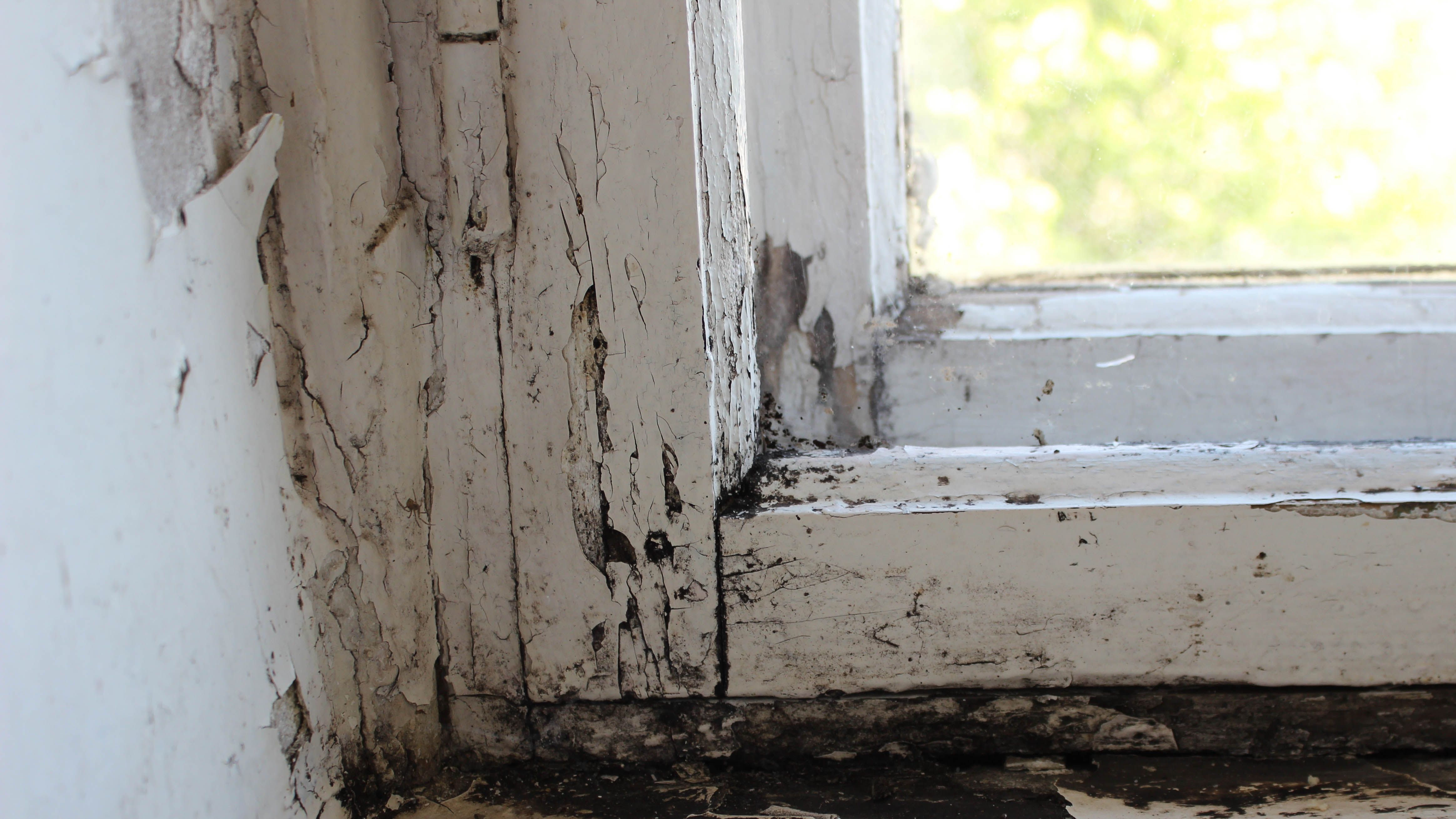
If you notice that your wooden window frame, door or hard flooring has started to warp or even rot in certain areas, this indicates excess humidity in the room. Wood absorbs moisture over time, causing it to expand and warp over time. And once wood or laminate expands and contracts greatly, it might not be able to go back to its regular shape — which may require expensive repairs or replacement.
Using a dehumidifier can not only reduce moisture levels, but will help to protect your home’s structural integrity. What’s more, it would be less costly than ripping out your flooring to buy brand new.
4. Peeling paint
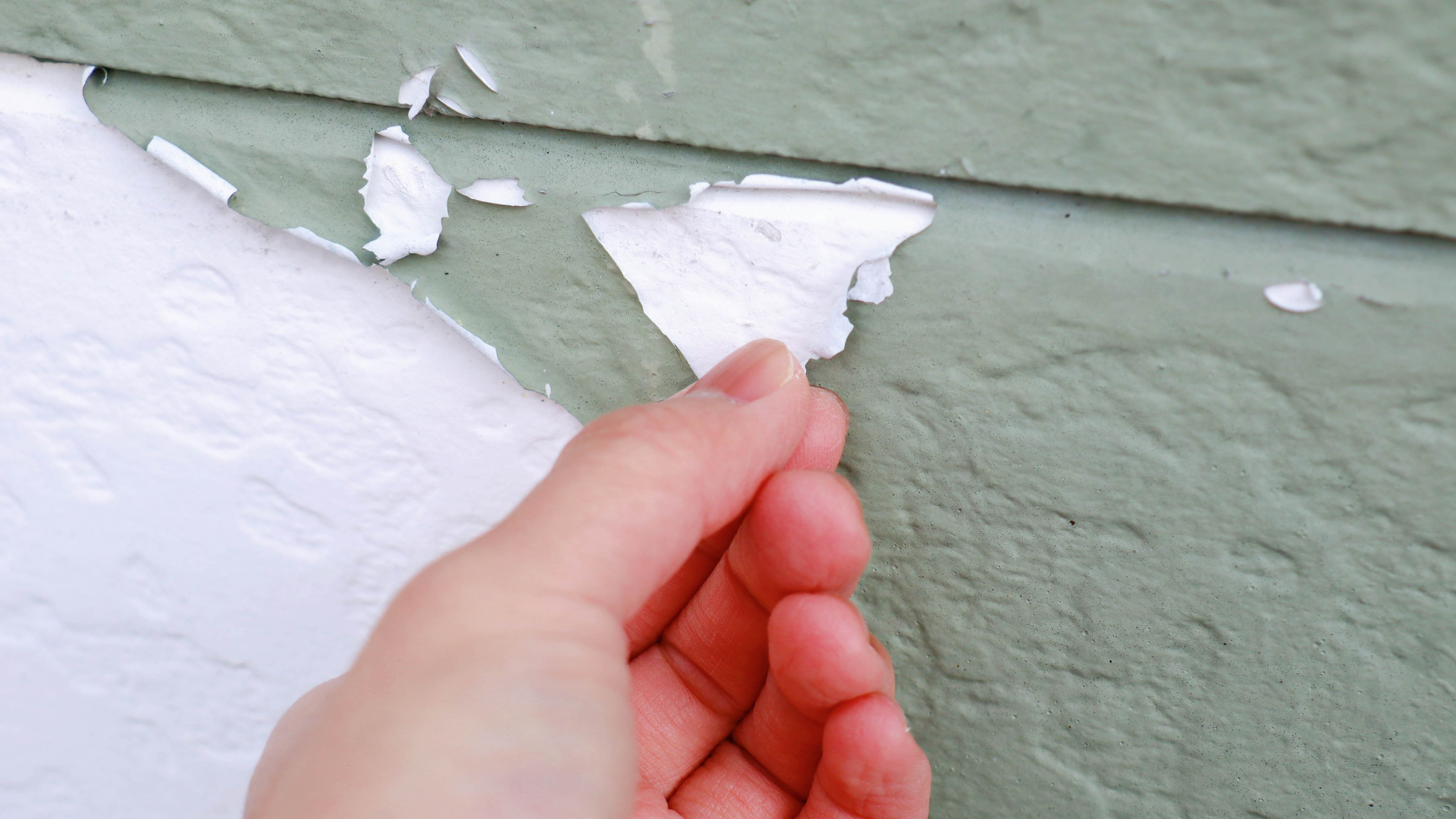
Similarly, excess moisture can cause paint to lose its adhesion, leading to peeling and bubbling on walls. This is because moisture penetrates the layer and eventually pushes it away from the painted surface over time.
This is another tell-tale sign that you might need a dehumidifier, before any further damage to your nicely painted walls. If you do find that your wall is peeling however, you’ll need to remove the peeling paint, smooth and clean the surface, before repairing with a fresh coat of paint.
You could always try these clever painting hacks that you wish you knew sooner, as long as you avoid these 7 painting mistakes.
5. Musty smells

Another key indicator that you might need a dehumidifier is lingering, musty odors in your home. Bad smells are often a sign that you have a mold and mildew issue — that thrives in damp conditions. And this is usually the cause of musty basement smells, which can stem from poor ventilation, water leakages, or high humidity levels.
While you can keep the humidity/dampness levels under control with the best dehumidifiers, you can also tackle musty smells with natural solutions. Baking soda is known to be a great, non-toxic absorber of bad smells — simply place open containers of baking soda in rooms to absorb lingering odors. These natural deodorizers can help to neutralize musty smells effectively. You can also use essential oils, such as peppermint or vanilla scents to instantly add fragrance to the room. What’s more, these will make your home smell fresher and more pleasant without the use of chemical-laden, shop-bought air fresheners.
If you do have an ongoing problem with damp, mold or mildew however, always contact a specialist who can give you the right guidance.
More from Tom's Guide

As the Homes Content Editor, Cynthia Lawrence covers all things homes, interior decorating, and garden-related. She has a wealth of editorial experience testing the latest, ‘must-have’ home appliances, writing buying guides and the handy ‘how to’ features.
Her work has been published in various titles including, T3, Top Ten Reviews, Ideal Home, Real Homes, Livingetc. and House Beautiful, amongst many.
With a rather unhealthy obsession for all things homes and interiors, she also has an interior design blog for style inspiration and savvy storage solutions (get rid of that clutter!). When she’s not testing cool products, she’ll be searching online for more decor ideas to spruce up her family home or looking for a great bargain!
